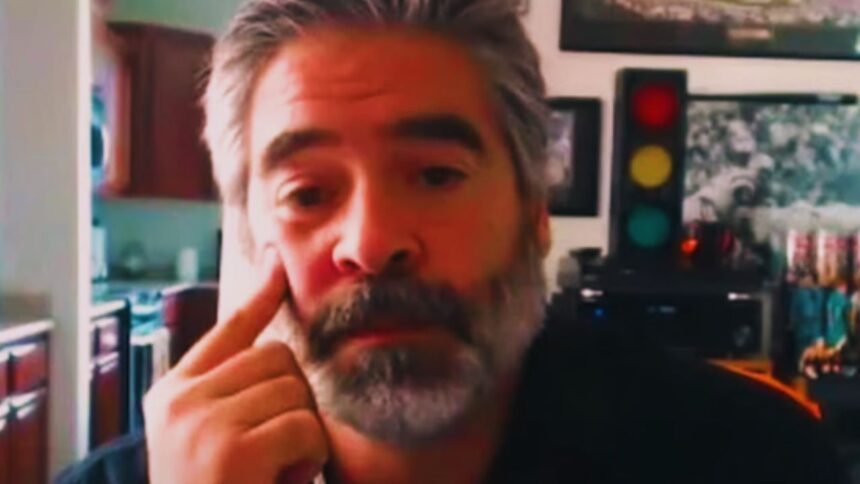High as the stakes are brass, as convoluted as some storylines are, controversy and boastful posturing are a rare commodity. Former wrestling writer Vince Russo angered a lot of industry people two years ago when he made some claims about his time at WCW for which he received a lot of backlash. In the docuseries of VICE titled “Who Killed WCW?” Russo who served as the head writer during the unstable time of the wrestling company has rejected all the criticism and has acted in very assertive manner to defend his company and more specifically himself.
While this is as far as Russo can go such a statement again creates ripples within the wrestling circle. In an interview episode in the docuseries, the man unabashedly declared that his theatrical persona was more talented than 85% of the wrestlers in WCW while he was contracted there. This rather audacious statement has not only stirred the collective conscience of the public but has also brought back the controversy regarding Russo’s role in the promotion’s demise.
Vince Russo and Kevin Dunn reunited 🥰🥰🥰 pic.twitter.com/rlMDZSQrWf
— AEWNeckbeards™🥰🌈 (@AEWNeckbeard) June 17, 2024
The former writer’s assumption arise at the time when his involvement to the WCW’s downfall still continues to ignite controversy among the fans as well as other wrestling enthusiasts. Voted as the man who helped bring a more edgy and unpredictable element to wrestling programming, Russo, more often than not, has been IN FRONT taking the rap for creative decisions that many perceive helped to cost WCW in the early years of the new millennium.
Ironically Russo when coming to the WCW after being sacked by the then WWF, now WWE where he offended a lot of families brought more had more captivating yet questionable storylines. The storyline, which was full of shocking and unexpected turns, was a trend among Cheng’s creations and was among the key reasons for reaction within the wrestling community. Some fans cheered him for his efforts to try something new, while others criticized him for taking WCW away from its original formula of wrestling and hot entertainers that it had once been known for and as a result, the audiences, and consequently, the money started to slip away.
The writing in “Who Killed WCW?” has garnered intense displeasure from those puerile viewers, especially regarding Russo’s failure to apologize for the crap he had made on the wrestling show. Opponents complained that his vanity-based portrayals and plots drew forth his own persona and skill instead of the wrestling champions that WCW has developed for years. It is argued by wrestling historians and fans that often times when the wrestling icons were assigned limited ring time or were presented in a character that was rather unbecoming to them this led to the gradual decline of WCW from its once lofty position in the wrestling empire.
Russo is adamant that, despite the backlash to his remarks, his contributions were important even if they were misinterpreted. His supporters point to instances of his tenure that were successful in the ratings and had cultural significance, emphasizing his capacity to create buzz and garner media attention.
Russo’s claim to be better than most of WCW’s on-screen talent has, however, been viewed with suspicion. Critics contend that although Russo had a major influence on the promotion’s storyline, the performers, creative staff, and management are ultimately responsible for any wrestling company’s success.
Within the wrestling world, the effect from Russo’s assertions is still felt, leading fans to reminisce about a time when creativity and controversy coexisted. The ongoing discourse surrounds Vince Russo’s legacy and the extent to which his creative vision has influenced the legendary history of World Wrestling Wrestling.
Whether Vince Russo is seen as a trailblazing innovator or as a divisive character whose choices accelerated the collapse of WCW, his legacy is still closely examined by fans of professional wrestling. The argument about Russo’s historical significance is still very much alive and well, even as the wrestling community struggles to make sense of its past.
Read More: FansGossip






